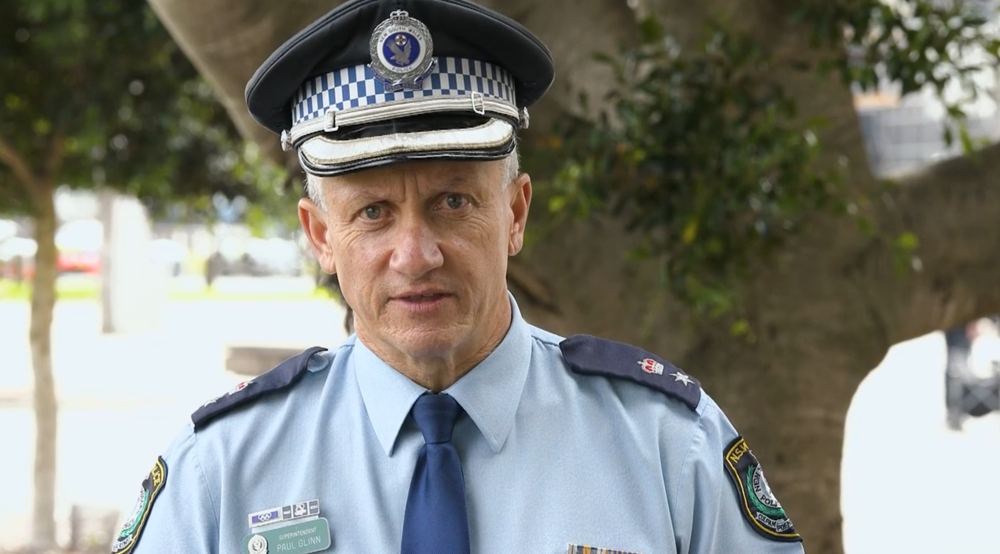Pull over this Easter weekend
Laura Williams
13 April 2022, 9:10 PM
 Double demerits will be in place for five days across the Easter holiday period.
Double demerits will be in place for five days across the Easter holiday period. Approaching the Easter long weekend road safety campaigns are becoming a focus, after last year’s Easter holiday period saw 25 people killed on Australian roads, its highest toll in 10 years.
Research has found that when it comes to fatigue on the long drives away, drivers under 25 are the worst offenders, taking few safety precautions such as rest stops.
Australian Road Safety Foundation CEO Russell White said taking regular breaks every two hours and sharing the driving with other passengers is one of the best ways to manage fatigue.
“Our message to young drivers this Easter is simple - don’t push the limits, stop and take a break. Pressing on to get somewhere or overdoing things just isn’t worth the risk,” Mr White said.
AAMI and Spotify teamed up to create a playlist promoting regular breaks, dropping pins on the ideal ‘rest towns’ located enroute, and giving drivers an audio message prompting them to pull over, rest, and visit a local attraction.
AAMI’s Executive manager of Motor Claims Kahl Dwight said that endorsing ‘rest towns’ will also promote local economies.
“We’re particularly targeting younger drivers this Easter through a personalised playlist on Spotify. This also helps them to discover some of Australia’s hidden gems such as an iconic landmark, a secluded beach, or a picturesque town selling the perfect pie,” Mr Dwight said.
According to their research on drowsy driving, 1 in 10 drivers aged 18-25 have had a microsleep while behind the wheel in the past year, some having driven into oncoming traffic.
“Road conditions are going to be really different over Easter so expect more traffic and prepare to be patient. Most importantly, make sure you don’t drive at times when you’d normally be sleeping,” Mr White said.
Instead of breaks, it's reported that one in five young drivers have used distraction techniques to stay awake behind the wheel, including cool air, loud music, and caffeine.
For local police, Traffic and Highway Patrol Commander Acting Assistant Commissioner Paul Glinn said attention will be turned to drivers getting behind the wheel after drinking.
“The number of people who blatantly disregarded the road rules last year and put the broader community at risk was unacceptable,” Acting Assistant Commissioner Glinn said.
“Make no mistake that our police will be out and about this weekend – including on major road networks and on local streets – to catch those doing the wrong thing.”
With several local roads across the region still damaged from the effects of flooding, visiting drivers are also vulnerable to accidents.
When it comes to city-dwellers driving out to western NSW, Acting Assistant Commissioner Glinn said it was important for people to remember driving in regional areas was very different to driving in urban areas.

ABOVE: Traffic and Highway Patrol Commander Acting Assistant Commissioner Paul Glinn urged drivers planning to travel to regional NSW to be particularly mindful this long weekend. Image courtesy of NSW Police.
"There really is a need to make sure you plan your trip, you need to make sure you're making regular breaks," he said.
"Driving in the country, regional roads are a little bit different, so drive within your own experiences, perhaps be conscious of animals on or about the roadway in the early morning (or) late at night.
"The condition of the roads may not be as good as you're used to in the city - we just encourage you to drive safely, plan your trip, have a great time and get home safely."
Double demerits will apply for fines over the Easter long weekend, from today (Thursday 14 April) to Monday 18 April inclusive.




